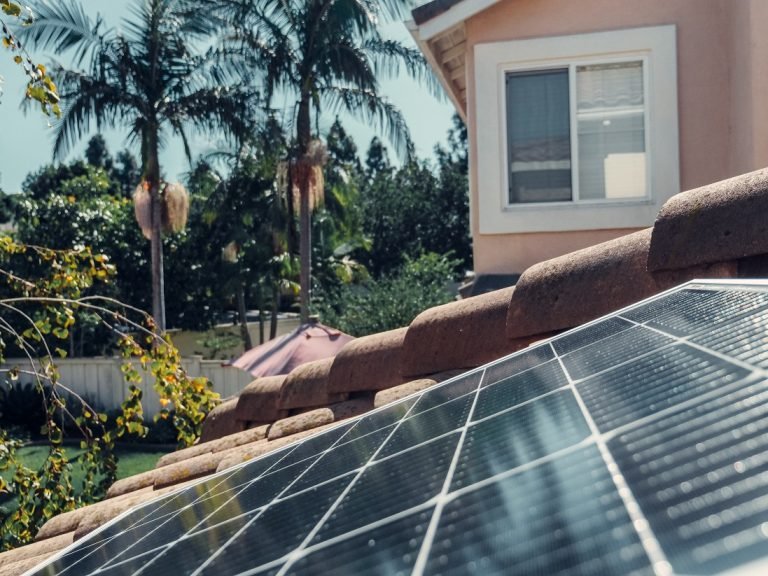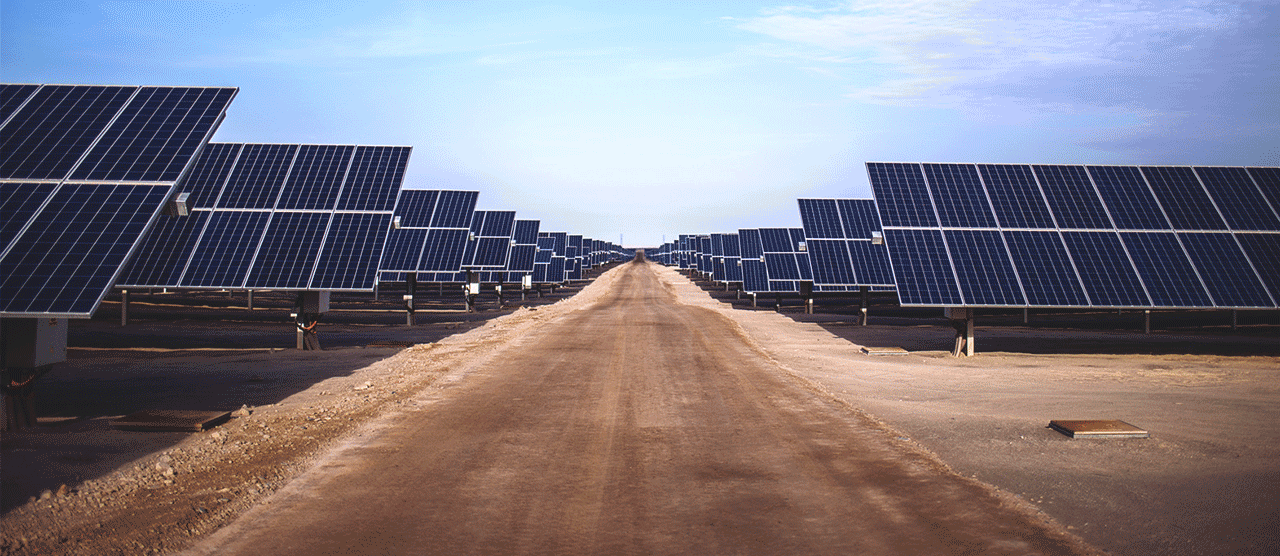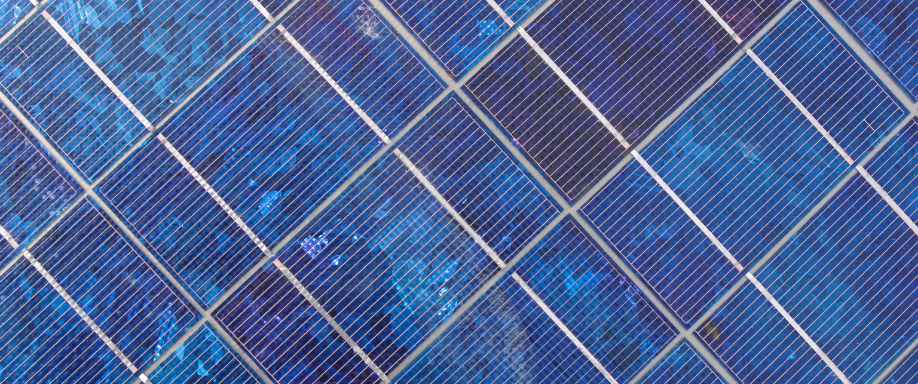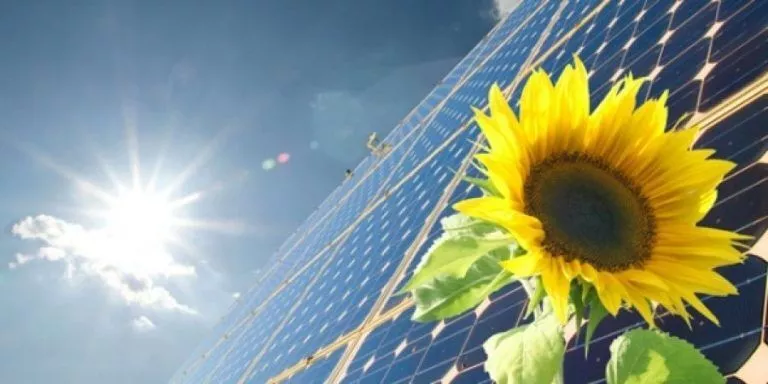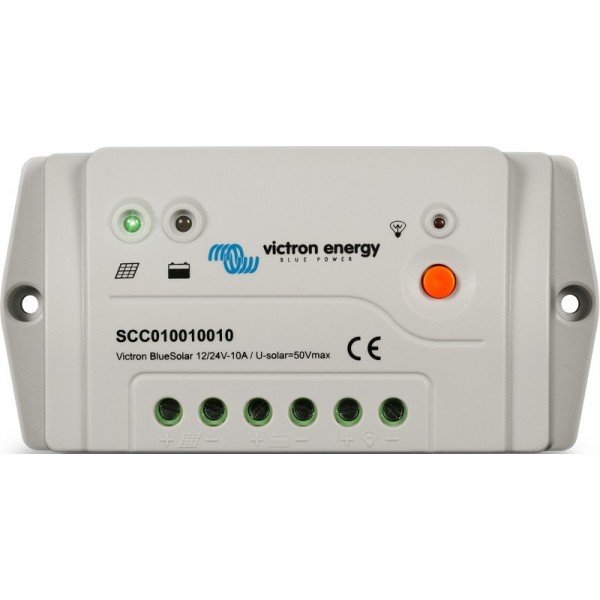
Learn more about the operation of the solar charge regulator
Basically, a solar charge regulator is in charge of controlling the entire flow of energy that circulates between the photovoltaic field and the battery field. In this interesting article we will delve a little into its function within solar equipment.
Operation of the solar charge regulator
So that we understand a little the task assigned to the solar charge regulator, it is convenient to mention the operation of the entire system in general, understanding that the ordering of energy flow is carried out through the control of certain parameters of intensity and voltage and that are injected into the accumulator or batteries.
So, this flow of energy that we are talking about logically depends on the charge of the accumulators and the energy generated from the photovoltaic field.
This is where the solar charge regulator acts, constantly controlling the state of that charge of the batteries for efficient filling, and above all controlling the final charge voltage to extend the useful life of the accumulator.
Solar charge regulators must deal with at least 3 types of possible loads, which are:
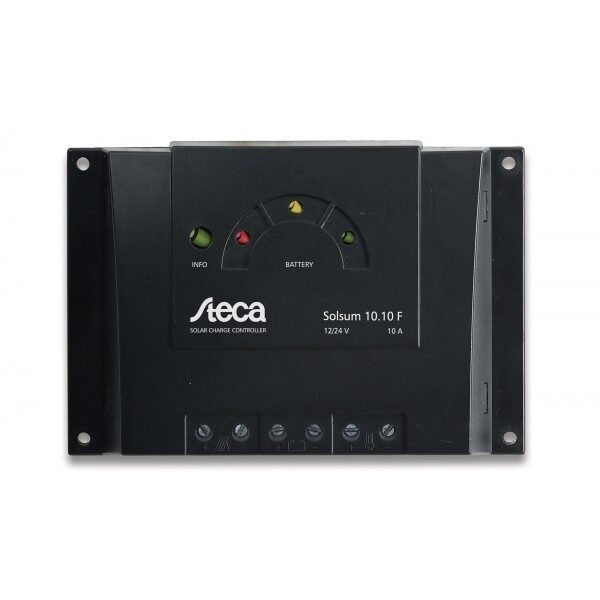
Bulk Phase:
In this case, the battery is quite or completely discharged, before which, all the energy captured by the photovoltaic system is continuously injected into the accumulators, increasing the voltage as it is supplied with current.
Absorption phase:
When the battery voltage reaches the absorption voltage, different depending on the type of batteries (lead-acid, AGM, GEL,…), what the solar charge controller does is maintain the voltage at the indicated value, gradually reducing the current flow until the battery is full.
Float phase:
When the accumulator is completely full, the charge voltage is reduced to the float voltage, it is a phase in which the injected current decreases a lot, since in this phase the batteries are already charged and the only thing that is pursued is to keep them charged .
Except in the Bulk phase, where all the energy produced by the solar panels goes to charge the batteries, in the other two charging phases, all the energy that the solar panels could produce greater than the energy that can be injected into the accumulator, it is simply lost because the regulator does not pick it up.
In summary, hence the importance of a good solar charge regulator, as it is a device that protects our accumulator against potential overloads, controlling the entire flow of energy and injecting it when and as convenient.
A fact that we must take into account is that many regulators need to be programmed to indicate the type of battery with which they will work, for example, type of battery or operating voltages among other characteristics, so that it can work according to the accumulator available.
We know that the solar charge regulator is an essential piece in our solar energy equipment, its quality is important for optimal performance, you can find it on our page, or if you have questions or prefer you can contact us by email or call us at our number telephone. You will find all our contact information at the bottom of the page.

